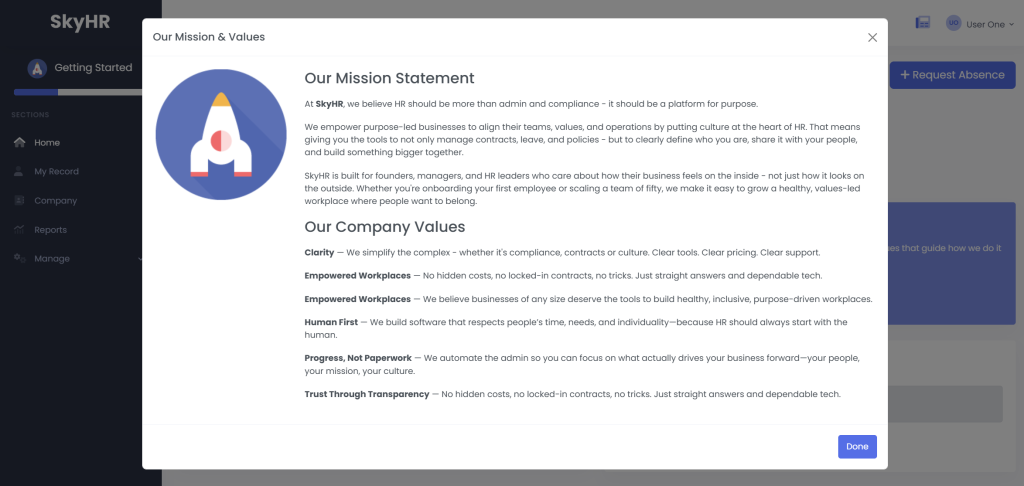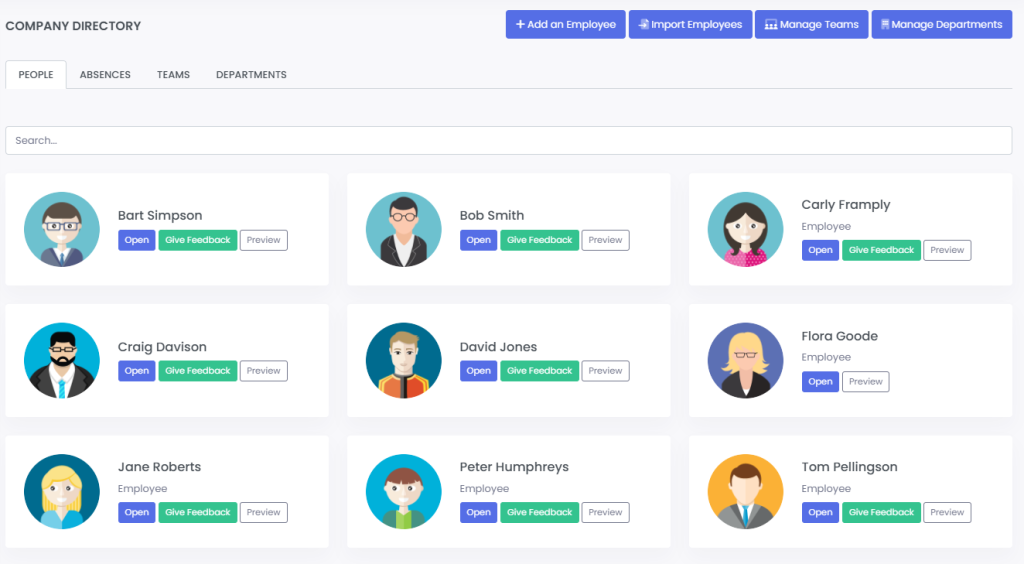Onboarding Done Right for UK Small Businesses

Many small businesses across the UK work hard to attract the right people. The job ad is crafted, interviews are thorough, and everyone is keen to make a good impression. Then the new starter arrives on day one and the experience suddenly becomes a pile of forms, a quick tour, and a rushed handover. By the end of the first week the enthusiasm has faded. By the end of the first month the new hire is still trying to work out how things really work. This is one of the reasons early turnover is rising across the UK.
Onboarding is more than admin. It shapes how people feel about the business, how quickly they reach confidence, and whether they see a future with the team. Yet most UK SMEs still treat it as a checklist.
The hidden cost of weak onboarding
When onboarding is rushed or disconnected, new starters take far longer to settle. They repeat questions because information is scattered. They struggle to understand expectations because no one has explained the culture behind the work. Some start doubting the move within days. Many of the early resignations seen in the UK labour market come from people who simply never felt they belonged.
For small businesses this hurts. Replacing a new hire can cost thousands. Productivity stalls. Teams get stretched. All because the first few weeks were not designed with people in mind.
The first week sets the tone
The early days of any job are powerful. New starters pay close attention to how people behave, who gets listened to, and how decisions are made. They are looking for signs that the organisation is trustworthy and that it matches what they were promised in the interview.
If onboarding focuses on paperwork, accounts and procedures only, the message sent is that tasks matter more than people. If it focuses on connection, clarity and purpose, the message is entirely different.
The common mistake most SMEs make
Many smaller companies are busy and resource tight, so onboarding gets squeezed into quick bursts between other work. The priority becomes ticking off requirements. Payroll. IT access. Compliance. Policies. All important, but none of it answers the questions that new hires really care about.
Why does this business exist. What does it stand for. How do people here treat each other. What does good work look like. How do I succeed. Who will support me if I get stuck.
When these questions are not answered early, belonging never forms. Confidence takes longer. Some new hires quietly disengage before they have ever had a chance to contribute.
What mission led onboarding looks like
A mission led approach starts with the belief that people work best when they understand the purpose of the business and feel part of it. Rather than leaving mission and values to a line in a handbook, they become the foundation of the onboarding journey.

This might include simple changes such as:
- Day one introductions that explain why the business was created and what it is trying to achieve
- Clear examples of how values influence decisions and behaviour
- Early recognition that links contributions to values, even in small ways
- Regular check ins that focus on support and belonging, not just tasks
- A smooth experience for the basic admin, so the focus stays on the human side of joining
This creates a stronger emotional connection. New starters feel part of something meaningful. They build trust quicker. They reach confidence faster. They are more likely to stay.
A simple onboarding framework any SME can use
Most small businesses do not need complicated processes. They need an intentional structure that guides new starters through their first month.
Here is a simple approach.
Day one is for connection
Focus on relationships, purpose and welcome. Make sure they meet key people, hear the story of the business, and understand how they fit in.

Week one is for clarity
Explain expectations, ways of working, team rhythms and priorities. Remove uncertainty. Make it easy for them to ask questions.
Month one is for confidence
Give feedback, celebrate early wins, and make sure they have what they need to succeed. Check in often and keep communication open.
This framework fits any sector and any team size. It works because it is human first, process second.
The bottom line
Most UK SMEs are not failing at onboarding because they do not care. They are failing because the process has been built around admin rather than people. A mission led approach fixes that by making purpose, values and belonging the core of the experience. It turns a new job into a meaningful start, not a stack of tasks.
For businesses that want to build stronger teams and reduce early turnover, this shift can make all the difference.